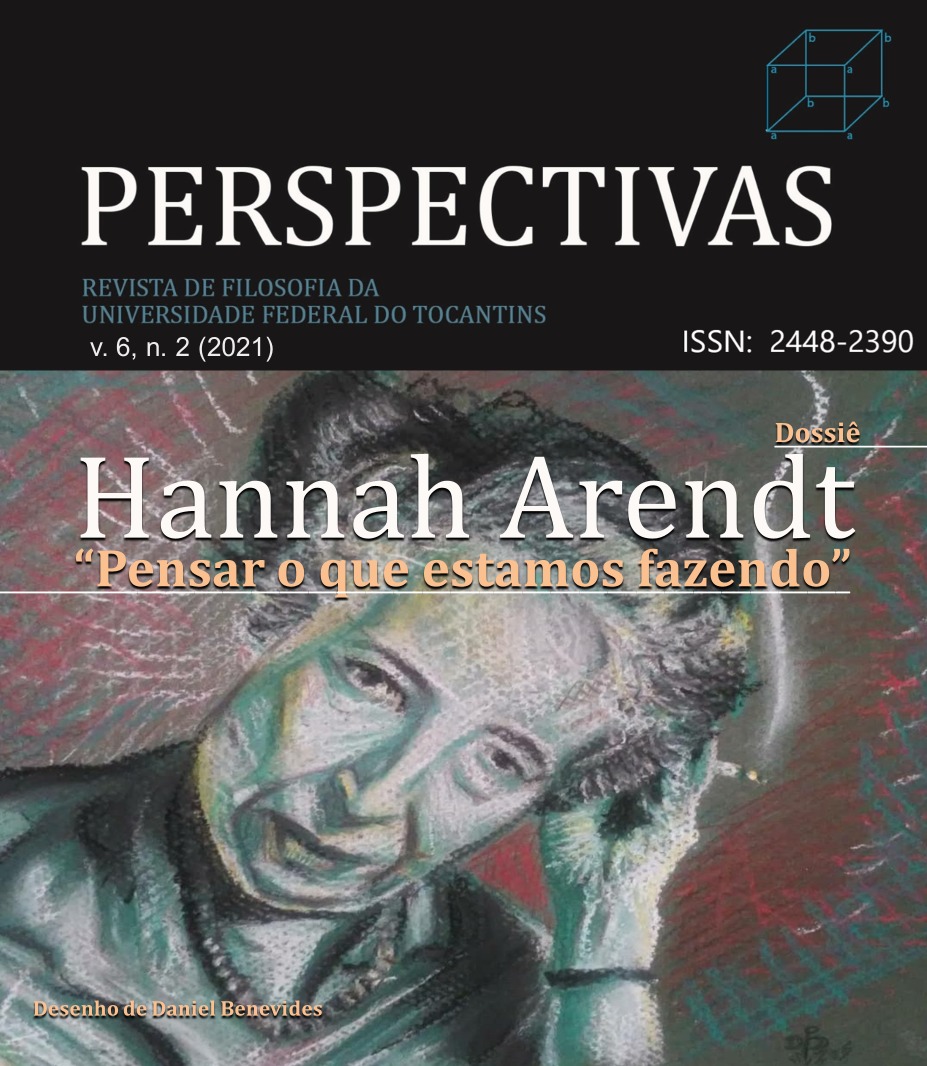Propriety and Appropriation in Hannah Arendt
DOI:
https://doi.org/10.20873/rpv6n2-08Abstract
Hannah Arendt's political thought is marked by a rigorous distinction between the private and public spheres of relations. Nevertheless, Arendt sustains a non-private feature of private life, especially linked to the political sense of property. In her critical diagnosis of modernity, present in The Human Condition, she argues that the dissolution of this fundamental link, the modern understanding of politics as a proprietary society (liberalism) and the conversion of wealth into collective concern make up the framework of a " socialized humanity”, that is, of societies entangled in life in its elementary or biological dimension to the detriment of worldliness and politics
Downloads
Published
How to Cite
Issue
Section
License
The Magazine is under the Creative Commons Attribution 4.0 International Public License (CC BY 4.0), according to which:
1) The authors retain the copyright and grant the journal the right of first publication, with the work simultaneously licensed under the Creative Commons Attribution which allows the sharing of articles published with the recognition of authorship and initial publication in this journal.
2) Authors are authorized to enter into additional contracts separately for distribution of the version of the work published in this journal, as long as there is recognition of authorship and initial publication in Perspectivas.
3) Authors are authorized and encouraged to disseminate published texts with proper references to the journal and its authors.





















